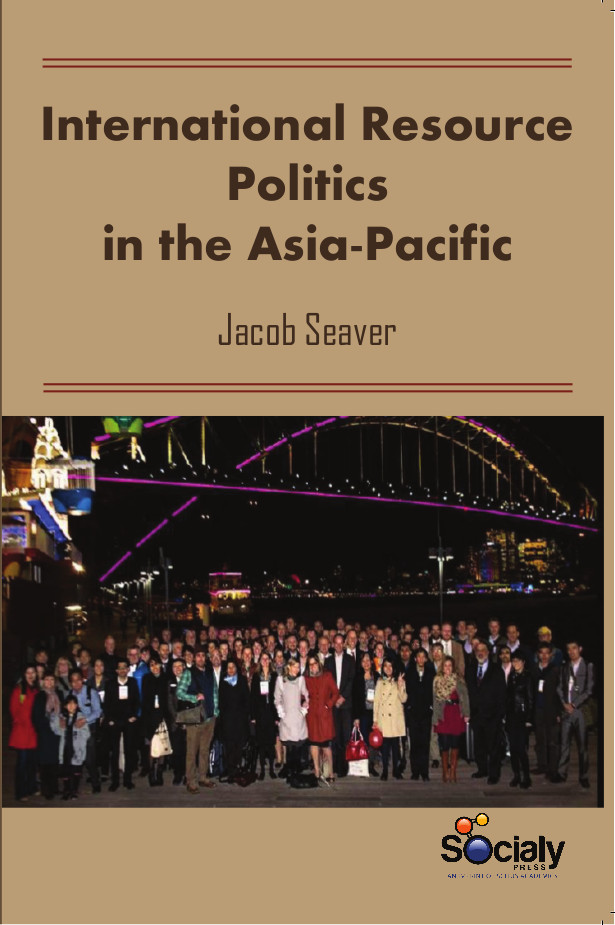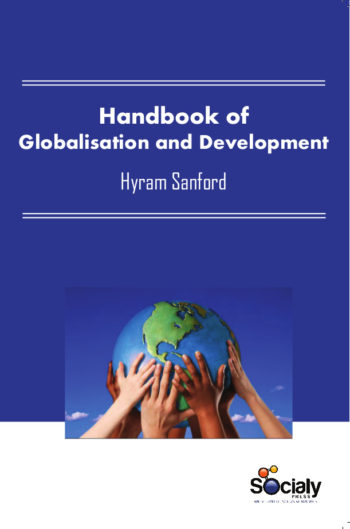Soaring prices for minerals and energy are posing a major threat to the resource security of economies in Asia. As a result, many regional governments have launched new resource security strategies in the last few years. Natural resources are back on the agenda. After the rise of new economic powers such as China, India, and Brazil, global competition has noticeably increased strategic concerns as regards high commodity prices and possible supply shortages. Germany, the EU, the United States, and many others have devised raw material strategies that put concern over access and supply at main stage – but the environmental and the socio-political dimensions are widely deserted in these strategies. This Book underlines a new dimension of international relations and appeal for new approaches, called international resource politics, which can be used for ongoing deliberate concerning green economy and transition strategies. The relentless efforts of many people involved in ongoing initiatives—NGOs, academics, politicians, business, and numerous citizens throughout the world—should be seen as an encouraging sign of support. However, it is questionable whether the current system of international environmental governance—with its maze of interlocking multilateral agreements—offers a suitable platform for such an endeavor. Resources have many characteristics that call for a coordinated bottom-up approach, a polycentric type of politics with a high level of participation and transparency. Essential pillars of such international resource politics may also be developed in coordination with business, rather than fighting against them. Hence, formulating such international resource politics will require a creative junction of international law and private law, as well as interdisciplinary knowledge on governance and regulatory issues in a number of regions worldwide.
International Resource Politics in the Asia-Pacific draws critical approaches from political economy and explains why resources have come out as a source of inter-state conflict in the region. The text considers regional-level trends in Asian resource politics by examining the causes, content and implications of the resource security strategies in Asia. It argues that growing resource security concerns, combined with a process of competitive policy emulation, have seen the Chinese, Japanese and Korean governments each adopt mercantilist resource security strategies over the last decade. Furthermore, the competitive nature of these mercantilist strategies is acting to intensify political and economic competition for resources between the regions of Asia.
This Book will be of valuable to students and academics of international political economy, international relations and Asian studies. It will also be of important to policymakers, practitioners, managers and analysts of the Asia-Pacific region.










